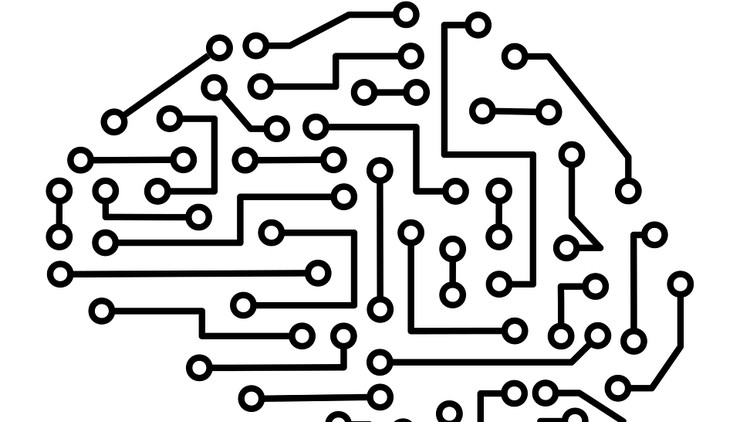Learn in-depth and implement CNN using Python for a project.
Description
In this course, you’ll be learning the fundamentals of deep neural networks and CNN in depth.
Initial sections of this course cover
- What is Deep Learning?
- What is a Neural network?
- Where does CNN lie in the pie chart?
- Fundamentals of Perceptron Networks
- Multilayer Perceptrons
- The mathematics of feed forward networks
- Significance of Activation functions
The next section covers everything about CNN
Convolutional neural networks (CNNs) are a type of artificial neural network that are specifically designed to process data that has a grid-like topology, such as an image. They are particularly useful for image classification and recognition tasks.
CNNs are composed of multiple layers of artificial neural units, each of which performs a set of mathematical operations on the data it receives as input. The layers of a CNN are organized into three main types:
- Convolutional layers: These layers perform convolution operations on the input data, which involves sliding a small matrix (called a “filter” or “kernel”) over the input data and performing element-wise multiplication and summation. This process extracts features from the input data, which are then passed on to the next layer in the network.
- Pooling layers: These layers down-sample the output of the convolutional layers, reducing the spatial size of the output while maintaining the important features. This helps to reduce the computational burden of the network and also helps to reduce overfitting.
- Fully-connected layers: These layers, also known as dense layers, perform classification on the features extracted by the convolutional and pooling layers. They are called fully-connected because each neuron in a fully-connected layer is connected to every neuron in the previous layer.
CNNs have been very successful in a wide range of applications, including image classification, object detection, and natural language processing. They have been used to achieve state-of-the-art results on many benchmarks and are a common choice for developing machine learning models for image-based tasks.
The last section is all about doing a project by implementing CNN
Who this course is for:
- Anyone who wants to understand CNN in depth

